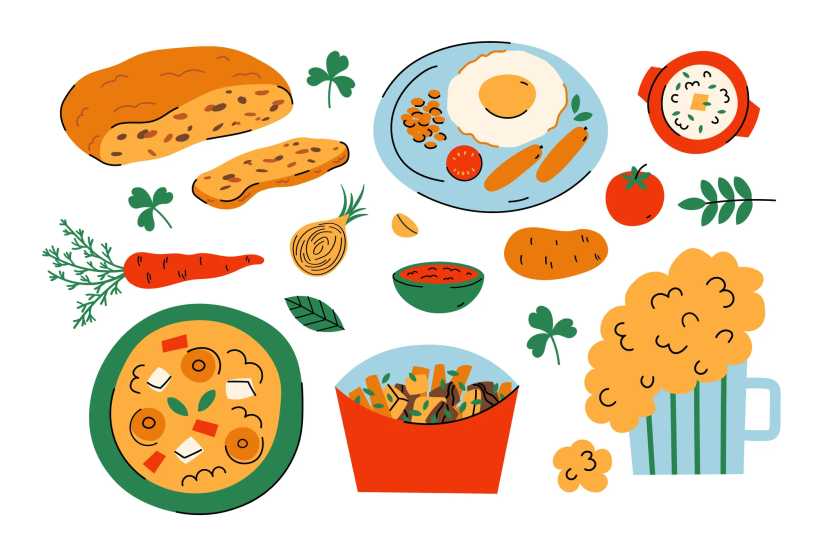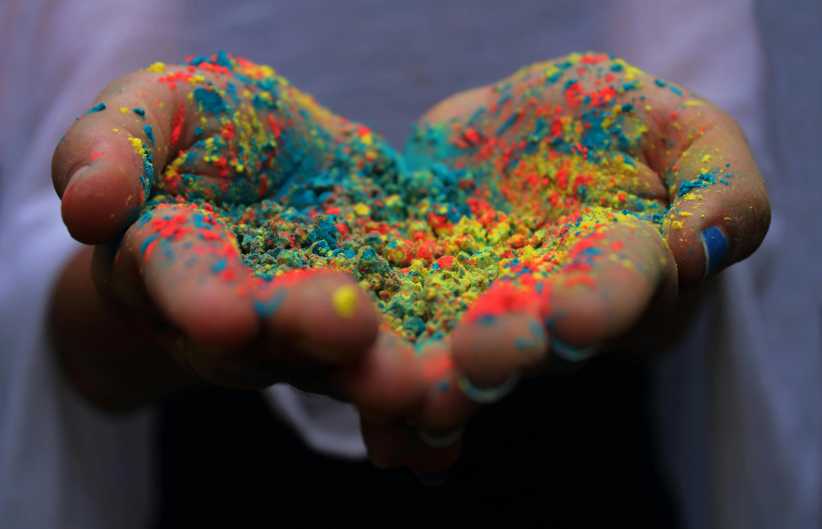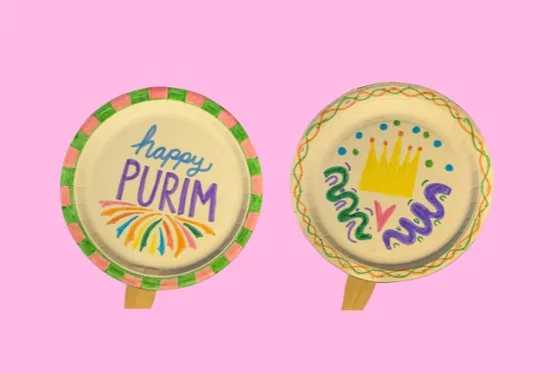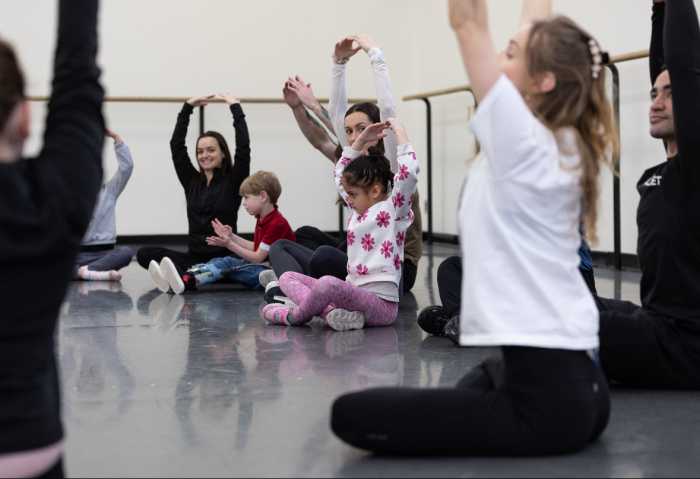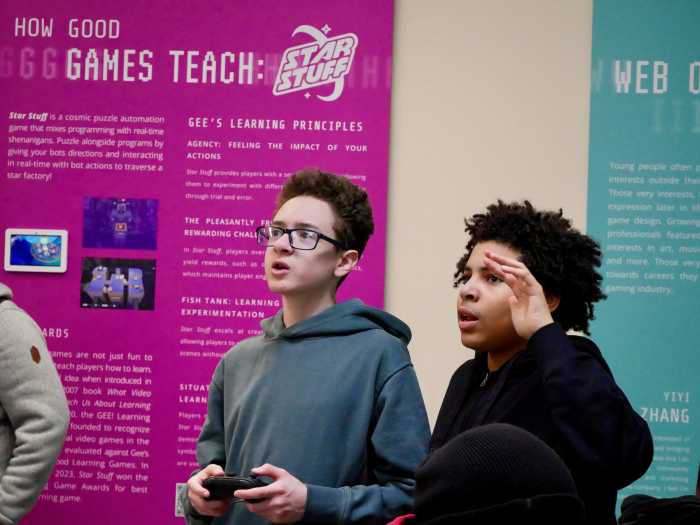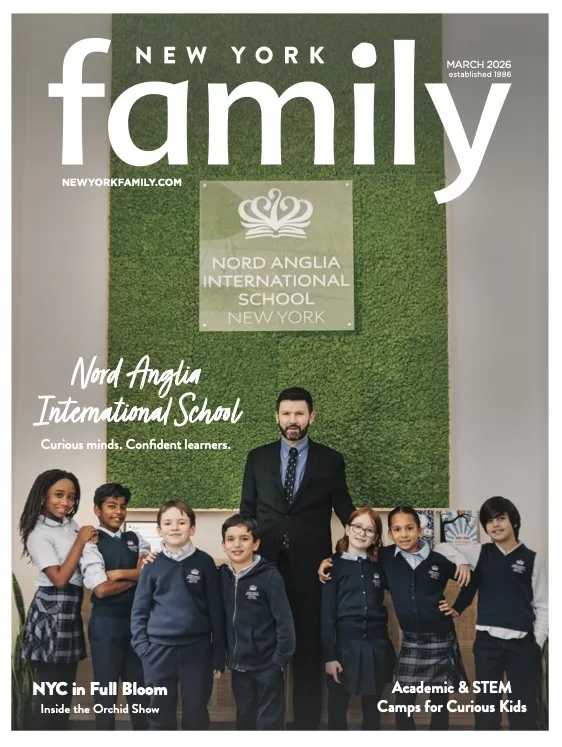By Rabbi Joshua Strom of Temple Shaaray Tefila

As a rabbi’s son, there was definitely a lot of pressure on me when it came to my bar mitzvah. Not necessarily from my parents, but from the community. Or at least it felt that way at the time. Whether I liked it not, it had become a synagogue event. A copy of my invitation was even plastered across the cover of that month’s temple newsletter.
Looking back on it now, I realize that the greatest pressure was probably that which I placed on myself. I wanted to do well, much more so than anyone else may have wanted me to. As we got closer to the date, I remember feeling increasingly confident in my knowledge of the material. That was until the weekend finally arrived. With family in from out of town and friends excited for the service and the celebration, I started to freeze up. I didn’t sleep well that Friday night (which was also my 13th birthday). I wondered: What would happen if I walked up to the lectern, opened my mouth, and nothing came out? That fear persisted into the morning and through the beginning of the service.
But standing up there, in front of my friends and family and the whole congregation, once the words of Barchu somehow escaped my lips, the rest of the liturgy just flowed from me like water. Though I don’t remember this part so well: When I returned to my seat following the opening liturgy, the temple president congratulated me for a job well done so far. I apparently said something to the effect of, “Thanks so much. But the best is yet to come.”
Among the most powerful memories from my bar mitzvah was the gift my father gave to me. He decided, as he had done with my older brother, that for my bar mitzvah day, he was not going to be the rabbi. He was going to be my dad. Two of his closest friends, also rabbis and known affectionately as my “uncles,” officiated the service, and my father just got to be a proud, smiling father—sitting in the front row of the congregation with my mom and brother, watching his son, coming up for an aliyah—like any other bar mitzvah parent. The one exception was the benediction, which he came up to deliver to me personally. Though I don’t remember exactly the words he shared, that moment was and remains one of the most powerful of my entire life. And even more powerful is the fact that I knew I would cherish it as such even while it was happening, even as a 13-year-old boy. And I’m thankful, among many reasons, that I was facing him and not the congregation, as tears streamed down my cheeks.
I was one of those rare kids who liked Hebrew School. Maybe because I was good at it. So imagine my shock and dismay when, a year before my bat mitzvah, I was handed the shortest haftara in the class. As much as this was the “performative” aspect of the whole evening (in those days, girls in my synagogue could only become bat mitzvah on Friday nights), I was hoping to demonstrate my superb Hebrew skills for my family and friends. I went right up to my teacher to ask for a longer one. The teacher calmly explained that the prophetic portions that we would chant at the service are connected to the Torah portion of the week; the haftara I received was the one being read on the day of my bat mitzvah.
I was having none of it. I went straight to the Cantor to complain and request a longer haftara. After all, I was a terrific Hebrew student and would do this well. In fact, I deserved it. After he repeated my teacher’s explanation, I had a meltdown in his office. Although a lovely man, he had no idea what to do with a crying 11-year-old and, in any event, was clearly powerless to make any changes, so he sent me directly to the rabbi.
Good, I thought. The rabbi will certainly understand the desires of a pious child to exceed expectations! But, no, once again, the rabbi patiently explained the system to me. Every week a portion of the Torah was read; the haftara related thematically in some way to that specific Torah portion read on Saturday morning, and his sermon was related as well. There was nothing he could do unless I wanted to change my date. It was, he emphasized, the tradition.
When I look back at this episode, I am amazed both by my passion and chutzpah, but at the time, I was simply angry. “Rabbi,” I argued, “there is no tradition of girls becoming bat mitzvah and there is no tradition of reciting a haftara on Friday night. You just said yourself that it is linked to the Torah portion that is read on Shabbat morning. You just made this up so girls could do something. So if you’re making it all up anyway, why can’t we pick a long haftara from some other time of the year?”
I will never know why he capitulated. Was it my 11-year-old logic? Was it my tears? Did he just want me to get out of his office so he could get back to more important things? Whatever the reason, long after I forgot the (very long) text of my haftara, it is this conversation—and its outcome—that has stayed with me. Fight for what you want. Don’t accept other people’s explanations without pushing back. Despite the fact that thinking about the story embarrasses me a little, my bat mitzvah was clearly a significant moment in my development as a Jewish woman.
By Rabbi William Plevan of Congregation Shaare Zedek

Recently, I met a man who told me that he loved his bar mitzvah. This man was not a very observant Jew, so his comment was somewhat surprising to me. Perhaps I felt a little embarrassed as it occurred to me that I, a rabbi, do not remember loving my bar mitzvah. I didn’t exactly hate it, but I was not incredibly enthusiastic about it.
As a child I generally loved Hebrew school at my large urban reform synagogue, but as I got to early adolescence I began to have mixed feelings about the whole bar mitzvah thing. Sometimes I liked Hebrew school, but often I wondered why I was there and whether there were better uses for my time. Occasionally, I even questioned whether I had to have a bar mitzvah. When my parents responded gently but firmly that I was, indeed, going to have one, I resigned myself to its inevitability. I was a good sport about it. I practiced, prepared, went to the required quota of Shabbat morning services. I enjoyed planning a party entirely centered on me. But that only seems to underscore the point that I can’t honestly say that my bar mitzvah was a spiritually transforming experience for me—or that it had anything to do with me embracing Jewish observance and becoming a conservative rabbi.
On second thought, though, there is another dimension to my bar mitzvah story that is not about services, Torah portions, or speeches. It is a story about relationships. The experience of my bar mitzvah laid the groundwork for some of the most important relationships in my life, particularly a relationship with a rabbi who inspired me to spend time in Israel, engage in serious Jewish study, and become a rabbi. I also developed a stronger relationship with the synagogue’s cantor, who several years later would help me prepare to read Torah on the High Holidays. My time in Hebrew school sustained relationships with peers who would continue with me in the synagogue youth group. And my bar mitzvah was a touchstone in my relationship with my parents who, while to this day may be perplexed by my decision to become a rabbi (and keep kosher), have been supportive at every turn.

